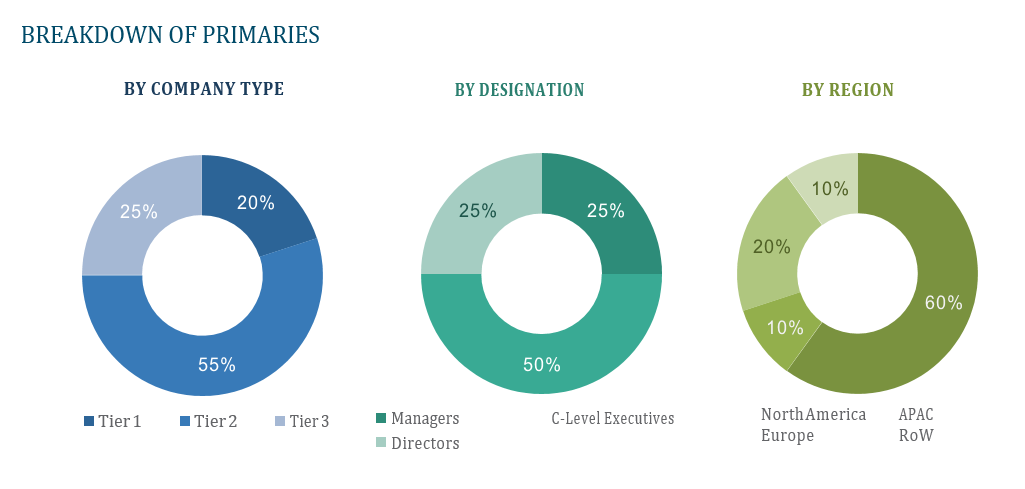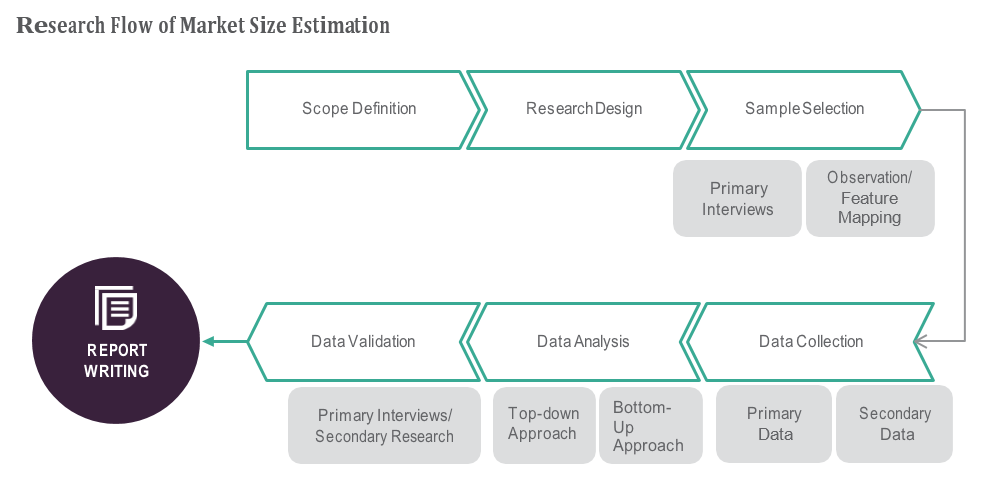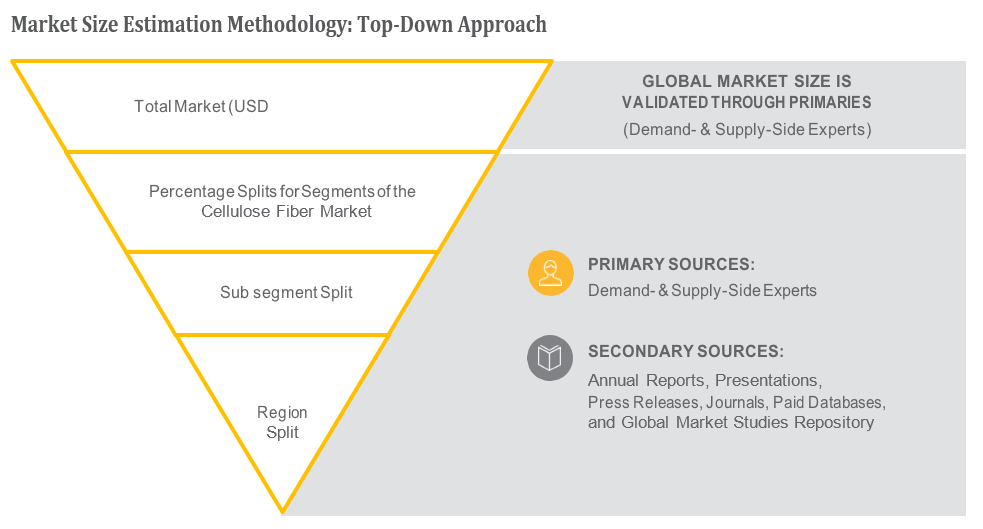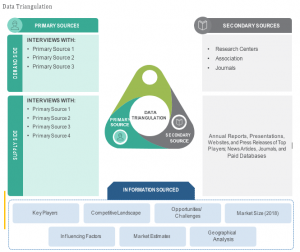OVERVIEW
The Asset Integrity Management (AIM) Market is expected to witness significant growth, with its valuation projected to increase from USD 22.4 billion in 2024 to an estimated USD 35.7 billion by 2029, reflecting a CAGR of 9.7% during the forecast period. Asset Integrity Management encompasses the processes and tools used to ensure that physical assets, such as industrial equipment, infrastructure, and facilities, operate effectively and efficiently throughout their lifecycle.
The market’s growth is driven by the increasing focus on maintaining operational efficiency and safety in various industries, advancements in monitoring technologies, and stringent regulatory standards. Additionally, the rising demand for extending the lifespan of aging assets and the integration of predictive maintenance technologies are further propelling the market forward. However, challenges such as high implementation costs and the complexity of integrating AIM solutions into existing workflows need to be addressed to sustain market growth.
North America and Europe dominate the AIM market due to their well-established industrial sectors, advanced technological infrastructure, and significant investments in asset management solutions. The Asia Pacific region is also expected to witness substantial growth, driven by rapid industrialization, expanding infrastructure projects, and increasing adoption of modern maintenance practices.
Table of Content
Market Dynamics
Drivers:
AIM solutions provide comprehensive strategies for regular maintenance, inspection, and monitoring of assets to ensure they operate at optimal efficiency and safety levels. By implementing AIM practices, industries can prevent catastrophic failures, minimize downtime, and extend the lifespan of their assets. The emphasis on maintaining asset integrity is particularly critical in high-risk sectors such as oil and gas, power generation, and chemicals, where failures can have severe consequences.
Advancements in monitoring technologies are also fueling the growth of the AIM market. The development of advanced sensors, IoT devices, and data analytics tools is enhancing the capabilities of AIM solutions. These technologies enable real-time monitoring and analysis of asset conditions, allowing for early detection of potential issues and proactive maintenance interventions. Predictive maintenance, powered by AI and machine learning algorithms, is becoming increasingly popular as it helps predict asset failures before they occur, reducing unplanned downtime and maintenance costs. The integration of digital twins and remote monitoring systems is further improving the accuracy and efficiency of AIM solutions, driving their adoption across various industries.
Key Opportunities :
The Asset Integrity Management market lies in the rising demand for extending the lifespan of aging assets. Many industrial facilities and infrastructure projects around the world are reaching the end of their designed lifecycles. Replacing these assets with new ones is often costly and time-consuming. AIM solutions offer a cost-effective alternative by ensuring that existing assets remain safe, reliable, and operational for as long as possible. By implementing robust maintenance and inspection strategies, industries can extend the useful life of their assets, delay capital expenditures, and improve return on investment. This demand for life extension of aging assets is expected to create significant growth opportunities for AIM solution providers.
Predictive maintenance leverages advanced analytics and machine learning to predict when an asset is likely to fail, allowing for timely maintenance interventions. This approach minimizes unplanned downtime, reduces maintenance costs, and improves overall asset performance. The adoption of predictive maintenance is gaining momentum as industries recognize its potential to enhance operational efficiency and reduce the risk of unexpected failures. The integration of predictive maintenance technologies into AIM solutions is expected to drive market growth, as industries seek to optimize their maintenance practices and improve asset reliability.
Restraints :
Implementing AIM practices requires significant investment in advanced monitoring technologies, software, and skilled personnel. The upfront costs can be a barrier to adoption, particularly for small and medium-sized enterprises (SMEs) with limited budgets. Additionally, the ongoing costs of maintaining and updating AIM systems can add to the overall expense, making it challenging for some organizations to justify the investment. Addressing these cost concerns through scalable and cost-effective AIM solutions is crucial for widespread adoption.
Many industrial facilities have established maintenance and inspection processes that may not be easily adaptable to new AIM technologies. Integrating AIM solutions requires careful planning, customization, and potential modifications to existing workflows and infrastructure. Ensuring seamless interoperability with other systems and minimizing disruptions to ongoing operations are critical considerations. Overcoming these integration challenges through comprehensive planning, advanced system design, and robust support services is essential for the sustained growth of the AIM market. The complexity of integrating AIM solutions into existing workflows poses another challenge for the market.
Regional Information:
• North America
North America remains a significant market for asset integrity management, characterized by advanced industrial infrastructure, high regulatory standards, and substantial investments in asset management solutions. The United States is the leading market, driven by the widespread adoption of AIM in sectors such as oil and gas, power generation, and chemicals. The presence of major technology companies and advanced monitoring systems further supports market growth. Additionally, stringent safety regulations and the need to ensure operational efficiency are promoting the adoption of AIM solutions. However, the high cost of implementation and the need for continuous innovation to address evolving challenges require strategic planning and investment.
• Europe
Countries such as Germany, the United Kingdom, and France are leading markets, supported by advanced industrial sectors and well-established infrastructure. The European Union’s initiatives to promote digital transformation and enhance industrial competitiveness are further fueling the demand for AIM solutions. The region’s commitment to sustainability and reducing environmental impact is also driving the adoption of AIM for ensuring the integrity of critical infrastructure and industrial assets. However, economic uncertainties and regulatory challenges necessitate strategic planning and risk management to navigate the market landscape effectively.
• Asia Pacific
The Asia Pacific region is expected to witness the highest growth rate in the asset integrity management market due to rapid industrialization, expanding infrastructure projects, and increasing adoption of modern maintenance practices. Countries like China, India, and Japan are investing heavily in AIM research and development, driving the demand for advanced asset management solutions. The region’s growing population and rising urbanization are contributing to the increased adoption of AIM in sectors such as construction, transportation, and manufacturing. Additionally, the presence of major technology and manufacturing companies and the availability of affordable AIM solutions are enhancing the market’s potential. Governments in the region are also implementing policies and providing incentives to promote the use of AIM technology, creating a favorable environment for market growth.
Recent Developments:
In October 2023, Applus+ in Italy secures a 3-year Master Agreement for inspection and expediting services with a key Oil & Gas industry player, covering global operations. The agreement involves Applus+ professionals supporting the client, specializing in oil and gas drilling and production solutions. Additionally, Applus+ will provide asset integrity services to ensure compliance with regulatory and voluntary standards for enhanced safety and performance.
In May 2023, Fluor Corporation’s subsidiary, Stork, secures a five-year contract with Harbour Energy, extending asset integrity services in the North Sea for the AELE hub (Armada, Everest, Lomond, and Erskine) and expanding services to Solan, the J-Area, and the Great Britannia Area. This partnership reinforces Stork’s commitment to providing comprehensive asset integrity services in the offshore oil and gas industry.
Key market Players:
Emerson Electric Co., GE Digital, ABB Ltd., SGS SA, and Aker Solutions.
Frequently Asked Questions
1) What is the projected market value of the Asset Integrity Management Market?
– The Asset Integrity Management Market is expected to reach an estimated value of USD 35.7 billion in revenue by 2029.
2) What is the estimated CAGR of the Asset Integrity Management Market over the 2024 to 2029 forecast period?
– The CAGR is estimated to be 9.7% for the Asset Integrity Management Market over the 2024 to 2029.
3) Who are the key players in the Asset Integrity Management Market?
– Emerson Electric Co., GE Digital, ABB Ltd., SGS SA, and Aker Solutions.
4) What are the drivers for the Asset Integrity Management Market?
– The primary drivers for the Asset Integrity Management Market include the increasing focus on maintaining operational efficiency and safety, advancements in monitoring technologies, and the need for extending the lifespan of aging assets. These factors are contributing to the widespread adoption of AIM solutions, as they offer significant benefits in terms of preventing failures, reducing downtime, and optimizing performance.
5) What are the restraints and challenges in the Asset Integrity Management Market?
– Addressing these issues through scalable and cost-effective solutions, comprehensive planning, and robust support services is crucial for the sustained growth of the market. Ensuring that organizations can effectively adopt and benefit from AIM technology is essential to overcoming these challenges and driving market adoption. High implementation costs and the complexity of integrating AIM solutions into existing workflows are significant challenges for the Asset Integrity Management Market.
6) What are the key applications and offerings of the Asset Integrity Management Market?
– Asset Integrity Management is essential in the oil and gas industry for maintaining the safety and reliability of pipelines, rigs, and processing plants. It is widely used in power generation to ensure the efficient operation and longevity of critical infrastructure such as turbines and transmission lines. In the chemical industry, AIM helps prevent leaks, spills, and equipment failures, enhancing operational safety and compliance. Additionally, AIM supports the aerospace sector by ensuring the structural integrity and performance of aircraft components, reducing the risk of failures and extending asset lifespan.
7) Which region is expected to drive the market for the forecast period?
– North America is expected to have the highest market growth from 2024 to 2029
Why Choose Us?
Insights into Market Trends: Global Market Studies reports provide valuable insights into market trends, including market size, segmentation, growth drivers, and market dynamics. This information helps clients make strategic decisions, such as product development, market positioning, and marketing strategies.
Competitor Analysis: Our reports provide detailed information about competitors, including their market share, product offerings, pricing, and competitive strategies. This data can be used to inform competitive strategies and to identify opportunities for growth and expansion.
Industry Forecasts: Our reports provide industry forecasts, which will inform your business strategies, such as investment decisions, production planning, and workforce planning. These forecasts can help you to prepare for future trends and to take advantage of growth opportunities.
Access to Industry Experts: Our solutions include contributions from industry experts, including analysts, consultants, and subject matter experts. This access to expert insights can be valuable for you to understand the market.
Time and Cost Savings: Our team at Global Market Studies can save you time and reduce the cost of conducting market research by providing comprehensive and up-to-date information in a single report, avoiding the need for additional market research efforts.









